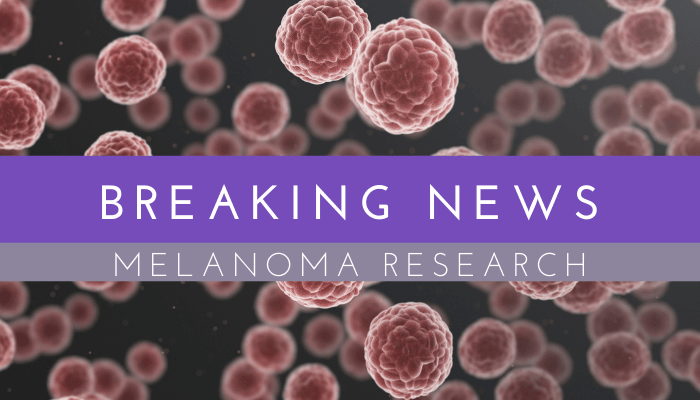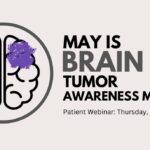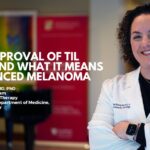
| Source: Madeleine Armstrong, Evaluate Vantage
But Alkermes reckons it has found a way forward here, and plans to focus on a rare subtype of the disease called mucosal melanoma, where data look more impressive – with the caveat of small patient numbers. And there is better news for the company with a nemvaleukin/Keytruda combination.
The Asco data come from parts B and C of the open-label Artistry-1 trial, with nemva monotherapy and a nemva/Keytruda combo respectively. The study enrolled patients with various cancer types.
At Esmo Alkermes reported two partial responses in six melanoma patients treated with intravenous nemva, previously known as ALKS 4230 (Esmo 2020 – can Alkermes succeed where Nektar failed?, September 23, 2020). This led to hopes that it had cracked the IL-2 puzzle that had most notably tripped up Nektar’s bempegaldesleukin.
But Alkermes’s response rates have since slipped, with the group’s Asco presentation now detailing 30 evaluable melanoma patients and just two extra remissions. Moreover, three of the four are unconfirmed; two of the three occurred after the Asco data cutoff.
| Data from melanoma pts in Artistry-1, part B (nemva monotherapy) | |||
|---|---|---|---|
| Esmo | Asco (abstract) | Asco (poster) | |
| Cutoff | Aug 7, 2020 | Dec 2, 2020 | Mar 19, 2021 |
| Evaluable melanoma pts | 6 | 10 | 30 |
| Partial responses | 2 (1 unconfirmed) | 2 (1 unconfirmed) | 4 (3 unconfirmed) |
| ORR | 33% | 20% | 13% |
| Source: Asco & Esmo. | |||
Blair Jackson, Alkermes’ chief operating officer, told Evaluate Vantage that he was not disappointed by the data, pointing to a “really interesting response rate” in mucosal melanoma, a disease subtype with few treatment options. In part B of Artistry-1 there were two partial responses (one of them unconfirmed) among six mucosal melanoma patients.
Alkermes is therefore focusing its efforts primarily on mucosal melanoma, where the group sees a fast path to market given the unmet need.
However, the company’s pivotal melanoma trial, Artistry-6, will also include some patients with cutaneous disease, the most common subtype, as it is seeing “enough of an interesting signal in checkpoint-experienced patients” here, according to Mr Jackson.
Part B of Artistry-1 saw two partial responses among 18 cutaneous melanoma patients, both of whom had previously received PD-1 inhibitors.
In Artistry-6, the mucosal patients will receive intravenous nemva, while the cutaneous group will get the project subcutaneously; the study will enrol patients who have previously received a PD-(L)1 inhibitor.
The treatment landscape is the reason why Alkermes will not pursue nemva in renal cell carcinoma, the other cancer type included in the monotherapy arm of Artistry-1; the company reported two partial responses among 20 patients at Asco.
“There are a number of treatments that work reasonably well in RCC, and the threshold for approval is a lot higher,” Mr Jackson said. “We don’t see that as a great opportunity for nemvaleukin.”
Keytruda combo
As for the nemva/Keytruda combo, Alkermes believes that the most promising avenue initially is platinum-resistant ovarian cancer, another difficult-to-treat disease. Here the group has teamed up with Merck & Co, and the companies plan to start a pivotal trial by the end of the year.
In part C of Artistry-1 there were four responses among 14 ovarian cancer patients, including one complete response previously reported at Esmo.
Overall, the response rate with the Keytruda combo has crept up since September. Still, as with all combos, teasing out the benefits of individual drugs can be tricky. Mr Jackson noted that responses had been seen in settings where checkpoint inhibitors have been approved as well as those where they have not.
| Data from Artistry-1, part C (nemva + Keytruda) | |||
|---|---|---|---|
| Esmo | Asco (abstract) | Asco (poster) | |
| Cutoff | Aug 7, 2020 | Dec 2, 2020 | Mar 19, 2021 |
| Evaluable pts | 52 | 83 | 100 |
| Objective responses | 7 | 12 | 19* |
| ORR | 13% | 14% | 19% |
| *Includes 6 unconfirmed PRs and one immune PR. Source: Asco & Esmo. | |||
Partial responses were also seen in other cancer types including cervical, pancreatic and non-small cell lung cancer; some of these patients were heavily pretreated.
“Often, people coming into our trials have gone through a number of courses of therapy, particularly checkpoint inhibitors,” said Mr Jackson. “We’re seeing activity in patients who are checkpoint experienced. That’s the major unmet need within the space, and where we’re focusing our clinical trials.”
Alkermes therefore sees utility of nemva/checkpoint inhibitor combos into other cancer types that are “just as underserved when you get into checkpoint-experienced patients”, he added.
Partners
But nemva’s future here might depend on any potential collaborators; Alkermes has been open about its desire to partner at least some of the nemva programme.
For now, the group is keeping an open mind. “If someone came to us and said they wanted the whole programme, obviously we’d entertain those discussions,” Mr Jackson said. But he questioned whether a PD-(L)1 maker, for example, would be interested in developing nemva as a monotherapy.
Ultimately, the chance of Alkermes bagging a broad agreement might hinge on nemva producing stronger monotherapy data.
This is an updated version of a story that appeared earlier.
Recent Posts

Navigating the Journey Together – Conversations with Melanoma Caregivers

May is Brain Tumor Awareness Month

President’s Letter | April 2024

Celebrating a Milestone: 20 Years of the Dallas Steps Against Melanoma Walk

